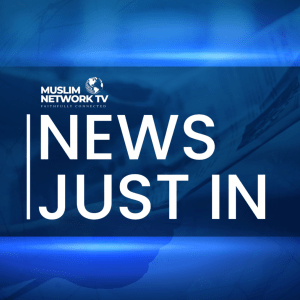3.5 million Americans in territories can’t vote for president
More than 3.5 million people live in U.S. territories, according to the most recent Census data. However, despite their citizenship status, Americans in Puerto Rico, Guam, the U.S. Virgin Islands and Northern Mariana Islands cannot vote in the presidential election.
Residents of American Samoa, another territory, are U.S. nationals rather than citizens. But they, too, will not be able to cast a ballot on Nov. 5.
This restriction is part of a longstanding policy that lawmakers and nonprofit organizations such as the American Civil Liberties Union have often criticized.
It all boils down to statehood and the U.S.’ unique electoral system.
The Electoral College, a process established by the U.S. Constitution, determines who will become president.
Each state, as well as Washington, D.C., has a certain number of electors, based on its members in Congress, adding up to 538 electors in total.
When citizens vote, they’re actually voting for a group of electors pledged to their candidate.
These electors meet in December to cast their official votes.
Most states give all their electoral votes to the candidate who wins the state’s popular vote, while Maine and Nebraska divide theirs proportionally.
To win, a candidate needs 270 electoral votes.









